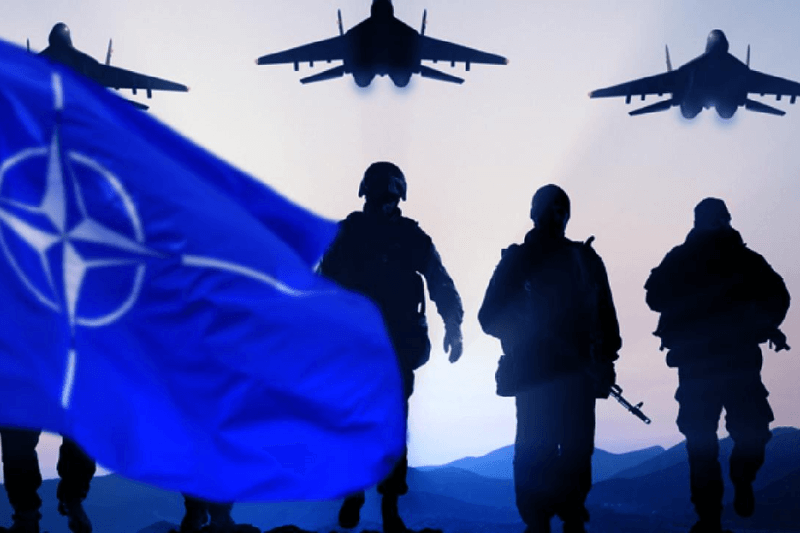
Europe’s Urgent Need to Defend Itself Against Russian Aggression
The geopolitical landscape of Europe is fraught with tension, particularly concerning the relationship between the United States, Russia, and the NATO alliance. In recent years, the specter of former President Donald Trump’s ambiguous stance towards NATO and his seemingly cozy relationship with Russian President Vladimir Putin has cast a shadow of uncertainty over the security of European nations. This uncertainty has prompted urgent calls for Europe to fortify its defenses against potential aggression from Russia and to shore up its commitment to the NATO alliance.
Threat of a Wavering Commitment from the United States
Former President Donald Trump‘s tumultuous tenure in office brought into question the United States’ unwavering commitment to its NATO allies. Trump’s rhetoric, particularly his statements regarding NATO members’ financial contributions and his ambiguous stance on honoring Article 5 of the NATO treaty, sent shockwaves through Europe and raised doubts about America’s reliability as a security partner.
Trump’s Damaging Rhetoric on NATO
During his presidency, Trump openly criticized NATO allies for failing to meet their defense spending targets, even going as far as to suggest that the United States would not come to the defense of allies who did not fulfill their financial obligations. Such statements not only undermined the solidarity of the NATO alliance but also emboldened Russia by signaling a potential weakening of Western resolve.
The Importance of NATO’s Collective Defense Clause
Article 5 of the NATO treaty, which stipulates that an attack on one member is an attack on all members, forms the cornerstone of the alliance’s collective defense strategy. By casting doubt on the United States’ commitment to honor Article 5, Trump’s rhetoric effectively undermined the credibility of NATO’s deterrence posture and left European allies feeling vulnerable to Russian aggression.
In light of the uncertainty surrounding the United States’ commitment to NATO and the growing assertiveness of Russia, European nations must take proactive measures to bolster their defenses and safeguard their sovereignty. This includes not only meeting the NATO target of spending 2% of GDP on defense but also reassessing and potentially increasing defense budgets to address evolving security challenges.
The Role of European Leadership in Defense Spending
European leaders must demonstrate a unified commitment to defense spending and investment in military capabilities. This entails not only meeting the 2% GDP target set by NATO but also considering raising the threshold to ensure adequate deterrence against potential aggression. By investing in defense capabilities, Europe can send a clear message of solidarity and resolve to both allies and adversaries alike.
Joint Defense Initiatives
Collaboration and cooperation among European nations are essential for maximizing defense capabilities and addressing security threats effectively. Joint defense initiatives, such as collective procurement of military equipment and integrated defense planning, can enhance interoperability and efficiency while leveraging resources more effectively.
In an increasingly volatile geopolitical landscape, European nations must prepare for a range of security scenarios, including potential aggression from Russia and shifts in US foreign policy. This requires not only investing in traditional military capabilities but also prioritizing resilience, adaptability, and innovation in defense strategies.
The Need for Strategic Leadership and Vision
Effective defense planning requires strategic leadership and vision from European policymakers. Leaders must prioritize long-term security interests over short-term political considerations and work collaboratively to develop robust defense strategies that reflect the evolving nature of security threats.




